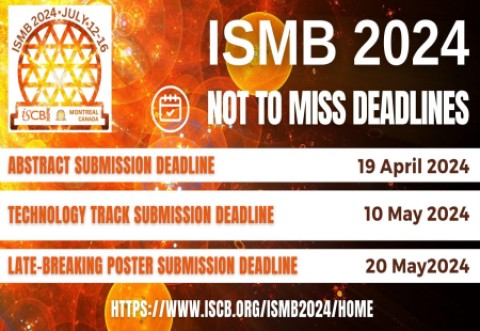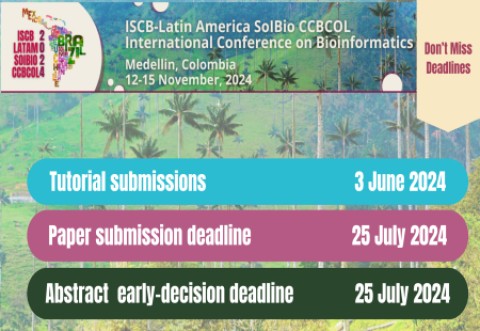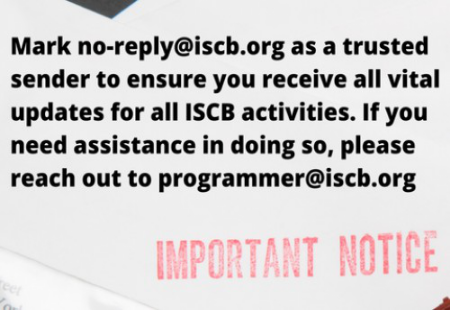
FASEB News - February 24, 2011
Contact: Cody Mooneyhan
This email address is being protected from spambots. You need JavaScript enabled to view it.
301-634-7104
Federation of American Societies for Experimental Biology
New research suggests that obesity and diabetes are a downside of human evolution
New research in the FASEB Journal suggests that a gene called CMAH has been lost during the course of recent evolution, and may lead to an increased risk of Type 2 diabetes in humans
As if the recent prediction that half of all Americans will have diabetes or pre-diabetes by the year 2020 isn't alarming enough, a new genetic discovery published online in the FASEB Journal (www.fasebj.org) provides a disturbing explanation as to why: we took an evolutionary "wrong turn." In the research report, scientists show that human evolution leading to the loss of function in a gene called "CMAH" may make humans more prone to obesity and diabetes than other mammals.
"Diabetes is estimated to affect over 25 million individuals in the U.S., and 285 million people worldwide," said Jane J. Kim, M.D., a researcher involved in the work from the Department of Pediatrics at the University of California, San Diego in La Jolla, CA. "Our study for the first time links human-specific sialic acid changes to insulin and glucose metabolism and therefore opens up a new perspective in understanding the causes of diabetes."
In this study, which is the first to examine the effect of a human-specific CMAH genetic mutation in obesity-related metabolism and diabetes, Kim and colleagues show that the loss of CMAH's function contributes to the failure of the insulin-producing pancreatic beta cells in overweight humans, which is known to be a key factor in the development of type 2 diabetes. This gene encodes for an enzyme present in all mammalian species except for humans and adds a single oxygen atom to sialic acids, which are sugars that coat the cell surface.
To make their discovery, the researchers used two groups of mice. The first group had the same mutant CMAH gene found in humans. These mice demonstrated that the CMAH enzyme was inactive and could not produce a sialic acid type called NeuSGc at the cell surface. The second group had a normal CMAH gene. When exposed to a high fat diet, both sets of mice developed insulin resistance as a result of their obesity. Pancreatic beta cell failure, however, occurred only in the CMAH mutant mice that lacked NeuSGc, resulting in a decreased insulin production, which then further impaired blood glucose level control. This discovery may enhance scientific understanding of why humans may be particularly prone to develop type 2 diabetes. Results may also suggest that conventional animal models may not accurately mirror the human situation.
"The diabetes discovery is an important advance in its own right. It tells us a lot about what goes wrong in diabetes, and where to aim with new treatments," said Gerald Weissmann, M.D., Editor-in-Chief of the FASEB Journal, "but its implications for human evolution are even greater. If this enzyme is unique to humans, it must also have given us a survival advantage over earlier species. Now the challenge is to find the function of CMAH in defending us against microbes or environmental stress or both. This evolutionary science explains how we can win some and lose some, to keep our species ahead of the extinction curve."
###
Receive monthly highlights from the FASEB Journal by e-mail. Sign up at www.faseb.org/fjupdate.aspx. The FASEB Journal (www.fasebj.org) is published by the Federation of the American Societies for Experimental Biology (FASEB) and celebrates its 25th anniversary in 2011. Over the past quarter century, the journal has been recognized by the Special Libraries Association as one of the top 100 most influential biomedical journals of the past century and is the most cited biology journal worldwide according to the Institute for Scientific Information.
FASEB comprises 23 societies with more than 100,000 members, making it the largest coalition of biomedical research associations in the United States. FASEB enhances the ability of scientists and engineers to improve—through their research—the health, well-being and productivity of all people. FASEB's mission is to advance health and welfare by promoting progress and education in biological and biomedical sciences through service to our member societies and collaborative advocacy.
Details: Sarah Kavaler, Hidetaka Morinaga, Alice Jih, WuQiang Fan, Maria Hedlund, Ajit Varki, and Jane J. Kim. Pancreatic β-cell failure in obese mice with human-like CMP-Neu5Ac hydroxylase deficiency. FASEB J. fj.10-175281; doi:10.1096/fj.10-175281 ; www.fasebj.org/content/early/2011/02/22/fj.10-175281.abstract






























